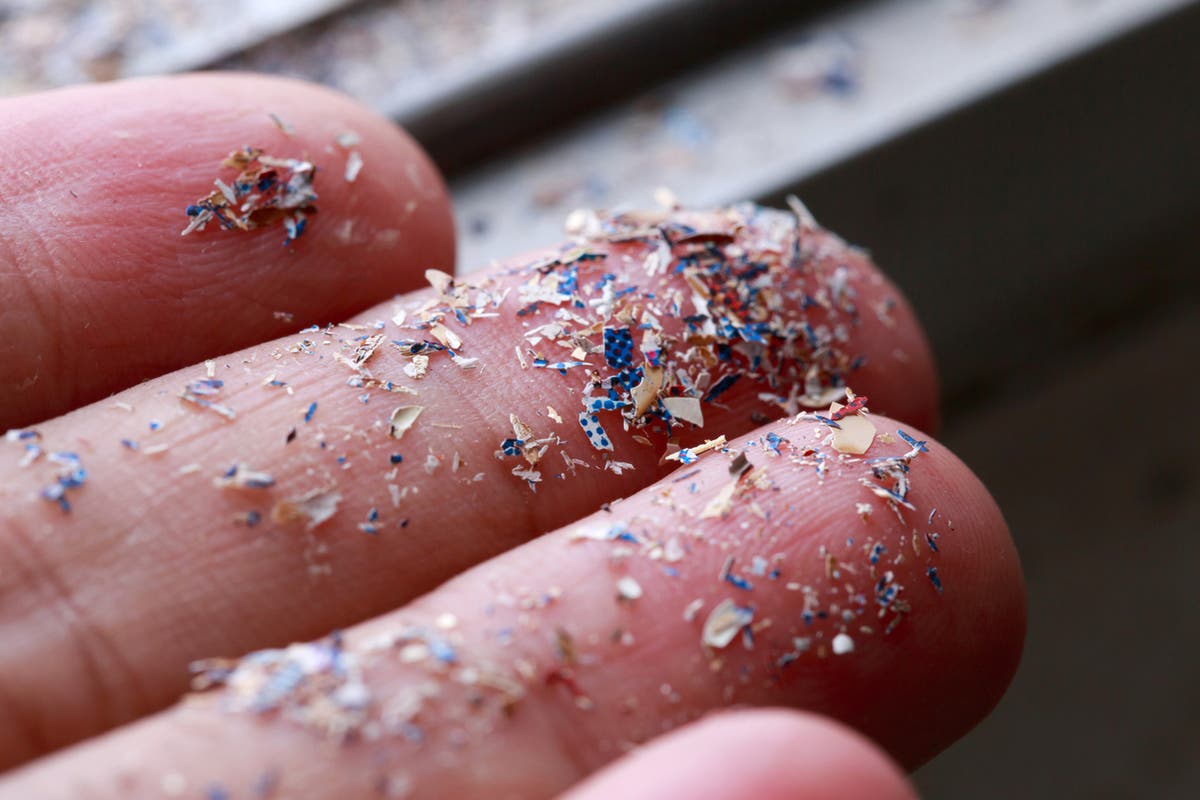
Viruses can survive and remain infectious by “hitch-hiking” on microplastics in freshwater, scientists have found, raising concern about the impact on human health.
Researchers from the University of Stirling found that rotavirus, which causes diarrhoea and an upset stomach, could survive for up to three days in lake water by binding itself to the surfaces of microplastics.
“Microplastics are so small that they could potentially be ingested by someone swimming,” said Professor Richard Quilliam, lead researcher on the project. “Sometimes they wash up on the beach as lentil-sized, brightly coloured pellets called nurdles that children might pick up and put in their mouths.”
“It doesn’t take many virus particles to make you sick,” he added.
The study published in the journal Environmental Pollution was the first to explore the issue in nature, with previous research focusing on the spread of viruses in sterile hospital settings.
It is part of a larger project called the Plastic Vector project, funded by the Natural Environment Research Council, which is investigating how plastics in the environment can help transport bacteria and viruses, and the impact that may have on human health.
Even if a wastewater treatment plant is doing all it can to clean sewage waste, the water discharged still has microplastics in it that are then transported down river into an estuary and end up on the beach, Prof Quilliam said.
Some viruses can also release themselves from the plastic into the water or sand meaning their persistence in the environment is increased, he added.
The scientists also only tested how long pathogens can survive on microplastics for up to three days, meaning it’s possible they could last longer.
Microplastics are tiny plastic particles under 5mm in size that pollute the world’s environment. They have been found across the planet – from the world’s oceans, to the air we breathe, and even in our blood.
The new study coincides with an ongoing scandal over the state of England’s waterways. Pollution in the bodies of water has long alarmed environmentalists, politicians and members of the public, with government data showing that every river in England is polluted.
In March, water companies admitted discharging raw sewage into England’s rivers, estuaries and seas around 1,000 times a day in 2021, according to government data.
While sewage firms are permitted to do this during times of heavy rainfall, the Environment Agency said they have allowed far too many spills.
Last week, Richard Foord, the newly-elected MP for Tiverton and Honiton constituency in Devon told The Independent his 12-year-old son and one of his friends recently got sick after swimming in their local river, where concerns have repeatedly been raised about pollution.
The government has been trying to clamp down on discharges and launched a consultation on its plan to do so.
